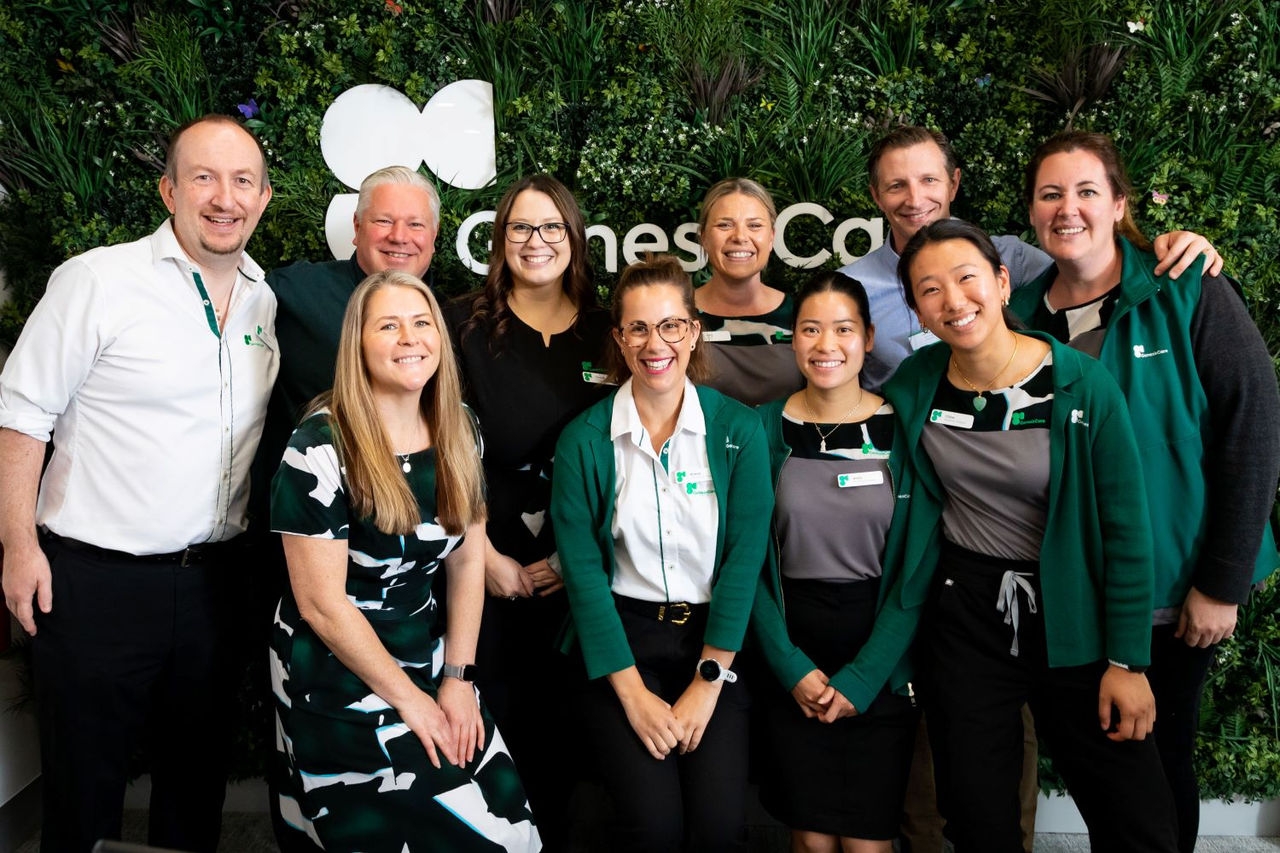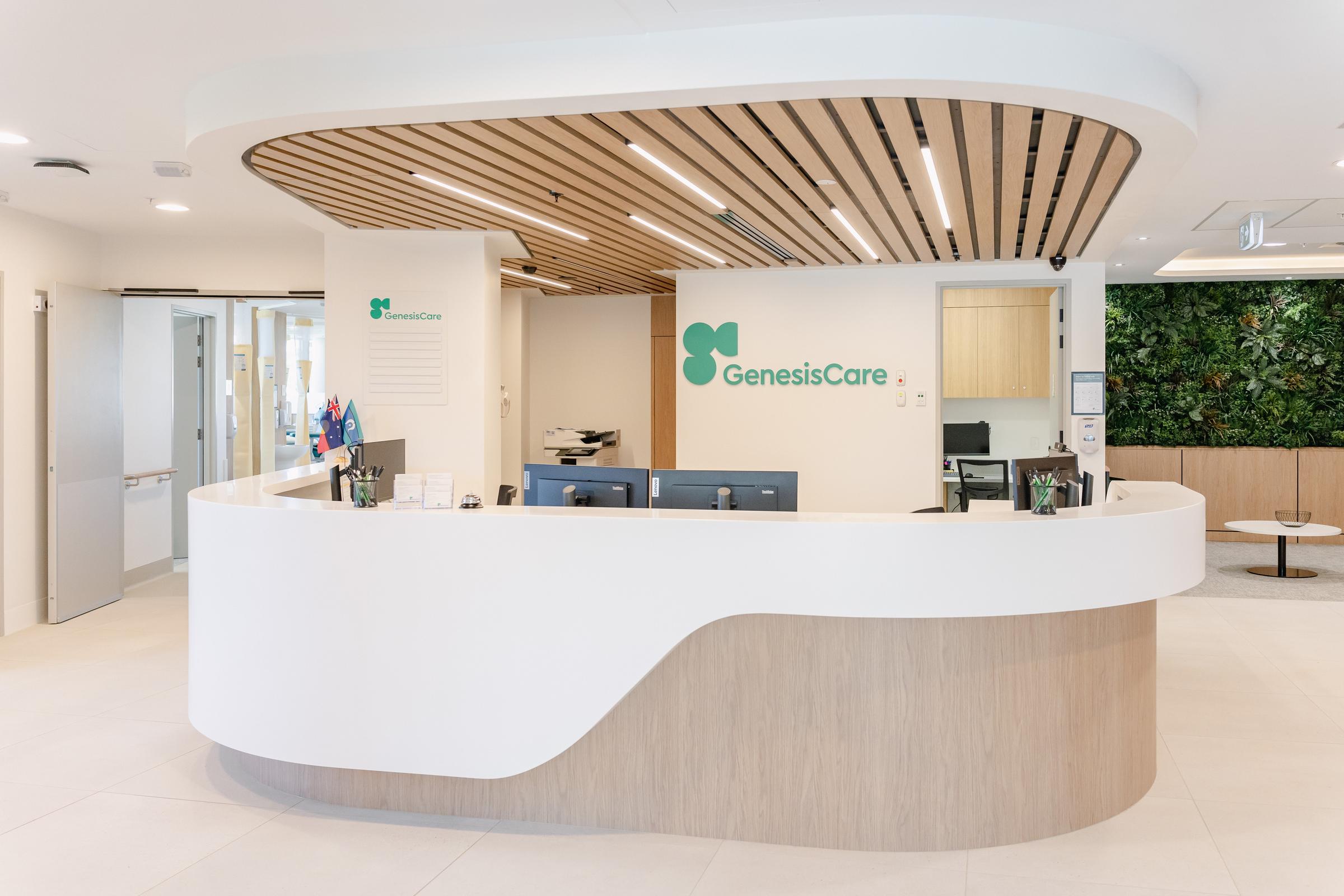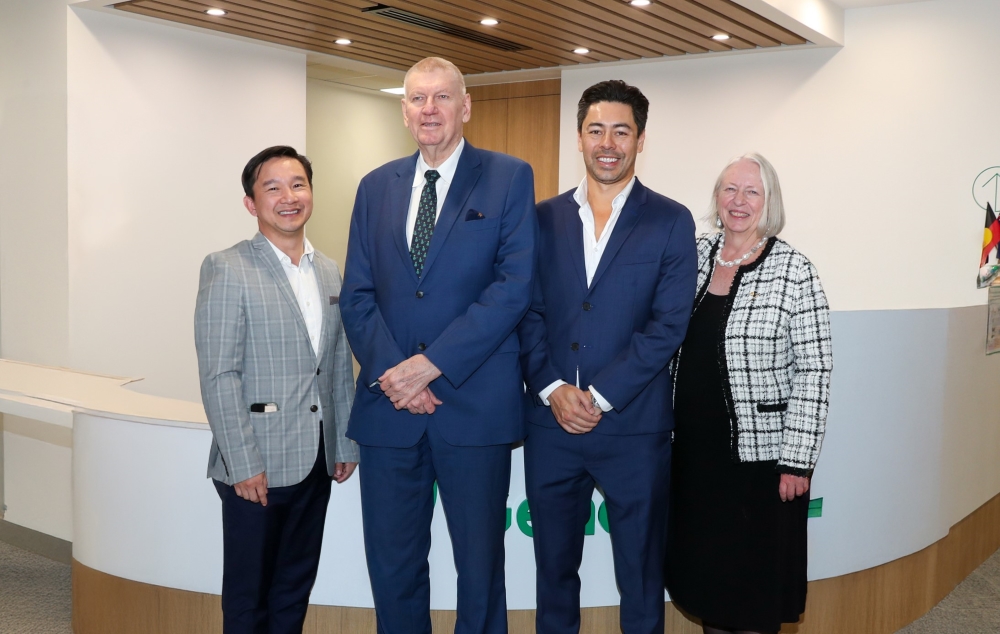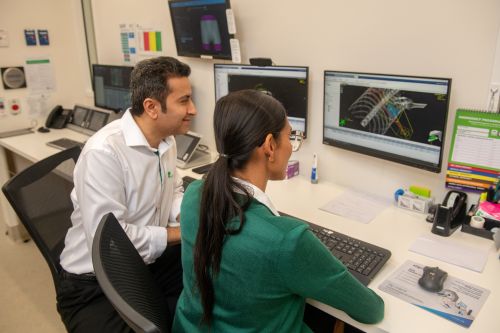- Modern treatment and techniques
- Why GenesisCare 2024
- Designing innovative care
GenesisCare - experts in cancer care, specialists in radiation oncology
Our centres
With more than 40 treatment centres and 10 consulting suits, we bring care closer to home to around 30,000 people annually.
Our doctors
Compassionate, contemporary care is delivered by a team of 250 industry-leading specialist doctors and a highly experienced treatment team.
Clinical trials listing
Our dedicated research team partner globally to bring the latest clinical innovations to patients close to home.
Who we are

GenesisCare is a proudly Australian-run cancer care provider, specialising in radiation therapy with a growing footprint in medical oncology, theranostics and personalised medicine.
Our relentless pursuit for better care is reflected in our modern treatment techniques, technology and contemporary service experience.
Our dedicated research team partner globally to be first movers in bringing clinical innovations to patients close to home.
Over 35,000 people a year entrust us with their care across 50 locations nationally.

You are leaving our website
You are now leaving our website. GenesisCare do not control this content and therefore are not responsible for its accuracy or reliability.
Cancers we treat
With over 250 industry-leading specialist doctors, we offer expert, evidence-based care.
Metrics that matter
Your operation is slick and amazing. The staff have been professional, polite and very informative. Everything appears to work like clockwork.
- GenesisCare patient
Disclaimer:
This website is provided for information purposes only. Nothing on this website is intended to be used as medical advice, or to diagnose, treat, cure or prevent any disease. It should not be used as a substitute for your own health professional's advice. Any medical procedure or treatment carries risks. Before proceeding with treatment, you should discuss the risks and benefits of the treatment with an appropriately qualified health practitioner. Individual treatment outcomes and experiences will vary.








